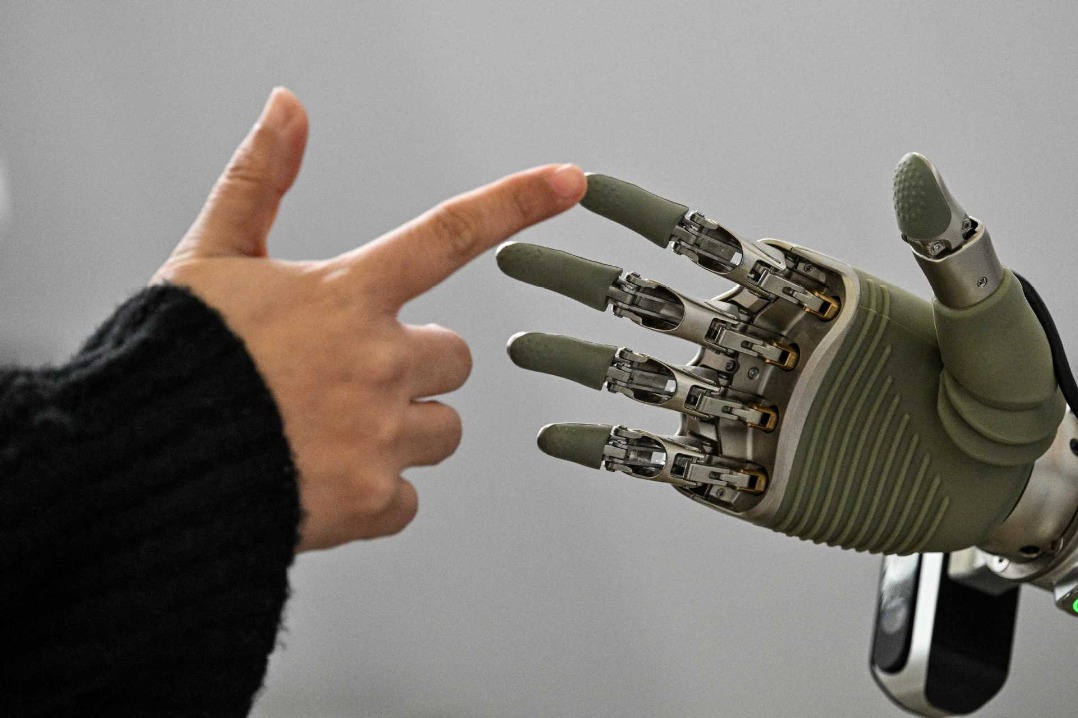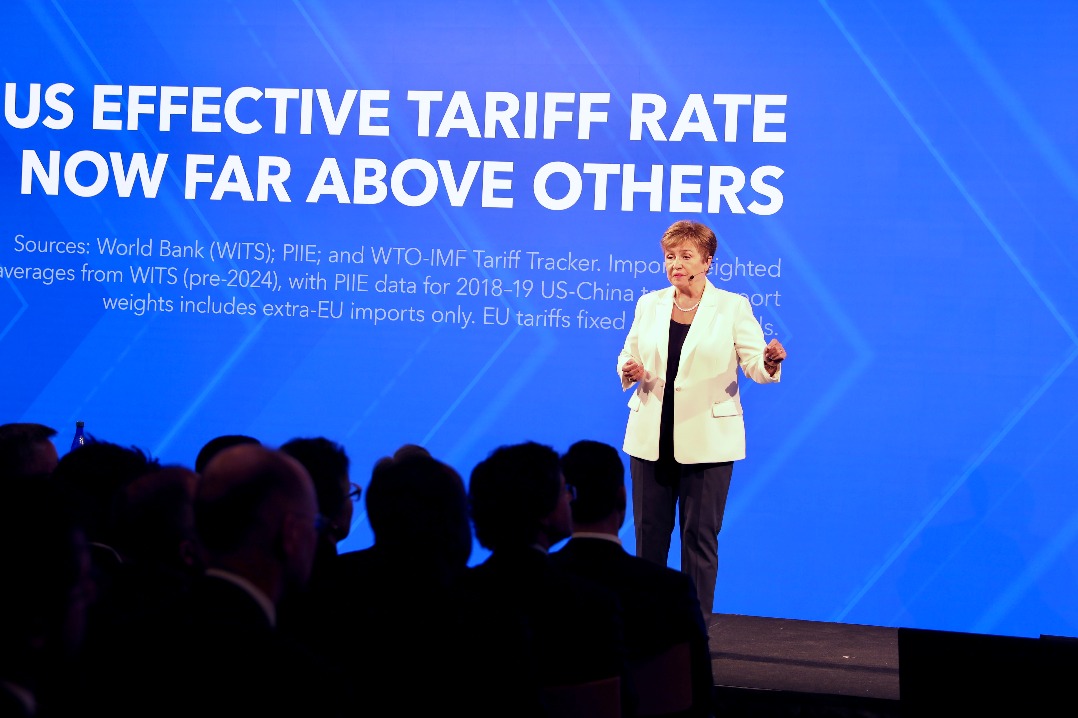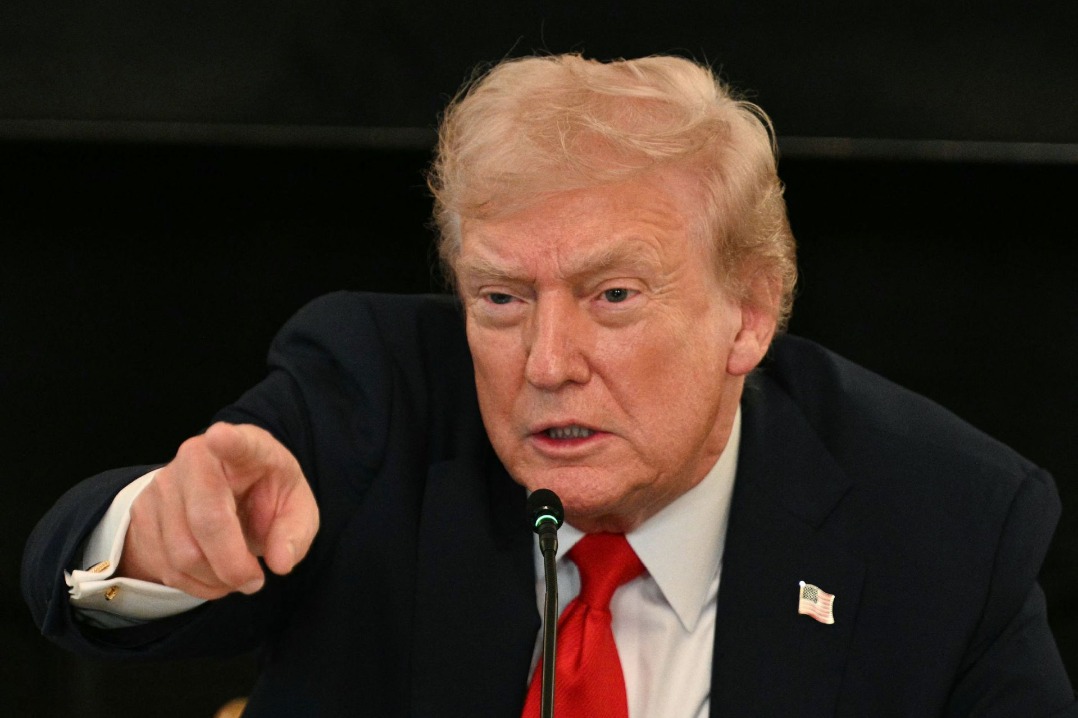AT&T drops plan to sell Huawei's new smartphone amid US security worries





China's Huawei Technologies Co Ltd suffered a major setback on Tuesday when its US partner AT&T Inc reportedly dropped a deal to sell the company's smartphones at the last minute under political pressure from US lawmakers.
AT&T, the No. 2 US wireless carrier, was pressured to abort the deal after members of the US Senate and House intelligence committees expressed concern in a letter to the Federal Communications Commission on Dec 20, according to online tech news site The Information.
Huawei, a private company based in Shenzhen in South China, has long been a target of US politicians.
In October 2012, a House Intelligence Committee report accused Huawei and ZTE, the two largest telecom-equipment manufacturers in China, of posing a national security threat, without providing solid evidence.
The end of the deal means that Huawei, the world's third-largest smartphone vendor after Apple and Samsung, will not be able to sell its latest Mate 10 products via a telecom carrier but only through open channels, thereby greatly limiting its market access.
On Tuesday, Huawei unveiled its Mate 10 Pro at CES 2018 in Las Vegas.
"We've experienced unprecedented growth worldwide and are now bringing our award-winning products to the US," said Richard Yu, CEO of the Huawei Consumer Business Group.
"Huawei is and has been in the US and is part of a community of visionaries that strive to push boundaries and improve daily lives through technology. Our newest consumer solution, the Huawei Mate 10 Pro, is the smartphone that US consumers need and deserve."
As for the scuttling of the deal with AT&T, Yu said "we are still very confident in the US market. Huawei has already made lots of progress in markets like Europe, Korea and Japan, so we believe we will also make a breakthrough in the US in the future because consumers love our products."
The Mate 10 Pro, equipped with Huawei's own AI-powered chips and first launched in Europe in October, is regarded as a premium handset that rivals Apple and Samsung's best products.
The phone is priced at $799 and features a 6-inch QHD+OLED screen, the AI-infused Kirin 970 processor, and Android Oreo operating system, with the ability to reach gigabit LTE speeds, a Leica-branded 12-megapixel dual camera, and a 4,000mAh battery.
"Huawei's goods and services are proven and trusted across 170 markets globally, including by virtually every major carrier in every OECD and NATO market," said Ted Moran, a professor at Georgetown University and a non-resident senior fellow at the Peterson Institute for International Economics.
"The suggestion that use of Huawei products might present some kind of unique vulnerabilities because Huawei is a Chinese company does not make sense in a world in which all IT goods and services - regardless of the location of the vendor's headquarters - are developed and produced globally," said Moran, who is a member of the Huawei International Advisory Council.
Neil Mawston, executive director of the global wireless practice at Strategy Analytics in the UK, said that some US authorities worry that selling more Chinese smartphones or networks could give the Chinese government back-door access to sensitive data on location, voice calls or daily activities of American citizens.
He said that Huawei is a toptier global smartphone player, and it would be a surprise if Huawei were not in some kind of talks with all the major US operators. "Whether those talks actually go anywhere is another matter," he said.
Arthur Dong, a professor at Georgetown's McDonough School of Business, noted that AT&T derives a substantial part of its business from the US federal government. "This has been a part of AT&T's domain for over a century. As such, if security concerns are voiced by the federal government, AT&T will most certainly obey," he said.
Dong said Huawei may turn to Verizon, Sprint or T-Mobile, the other big players in the US mobile phone market, and see if they are interested in partnering.
"Bear in mind, many of the same concerns of AT&T may also be present in their discussions with the other major US carriers," he said.
The Huawei case is likely to escalate the tension on the USChina trade and investment front.
Last week, the Committee on Foreign Investment in the United States, or CFIUS, blocked China's Ant Financial, also a private company, in its $1.2 billion acquisition of US money transfer company MoneyGram International Inc, also citing national security concern.
US lawmakers also have introduced a bill, known as the Foreign Investment Risk Review Modernization Act of 2017, in a bid to expand the power of CFIUS, targeted primarily at Chinese investment.
"We appear embarked on a new consensus that any hightech investment by China is not in the US interest," said Douglas Paal, vice-president for studies and director of the Asia program at the Carnegie Endowment for International Peace.
Paal said the US needs to be careful, in safeguarding what needs to be protected but not to close doors unwittingly to an opportunity to cooperate with Chinese technology front-runners.
In its annual report to Congress published last September, CFIUS said Chinese deals made up 29 percent of the 143 transactions it reviewed in 2015, the highest number among all nations.
On Sept 13, US President Donald Trump issued an executive order blocking the buying of Lattice Semiconductor Corp by private equity firm Canyon Bridge Capital LLC, which is said to be backed by a Chinese state-owned asset manager.
The case marked the fourth time in 30 years that a US president has blocked a transaction out of security concerns. All four cases have involved Chinese investors.
"There is no question in my mind that the decade-long, USChina high technology trade war is heating up," said Dan Ikenson, director of Herbert A. Stiefel Center for Trade Policy Studies at the Cato Institute.
"Huawei has long been held accountable for all of the perceived transgressions of the Chinese government in the realm of intellectual property and technology transfer policies," he said.
Ikenson said although any evidence of Huawei as a "bad actor" in the cyber sphere has never been made public in the US, there is a standing presumption in the national security community that is difficult to overcome.
"That, in my opinion, leaves plenty of scope for protectionism to masquerade as national security imperatives," he said, adding that "we must find a way to reach an understanding or else things will get much worse".
Wayne Morrison, a specialist in Asian trade and finance at the Congressional Research Service, said that efforts by Chinese firms that are owned, controlled or favored by the Chinese government will generally face tougher challenges doing business in the US because of the uncertainty over whether investments and business deals are being made for market-based reasons or are being driven by Beijing.
"Cybersecurity concerns in both China and the United States appear to be a growing challenge in bilateral trade of high technology and communications products," he said.
Zhang Ruinan in Las Vegas contributed to this story.
Contact the writers at chenweihua@chinadailyusa.com





























